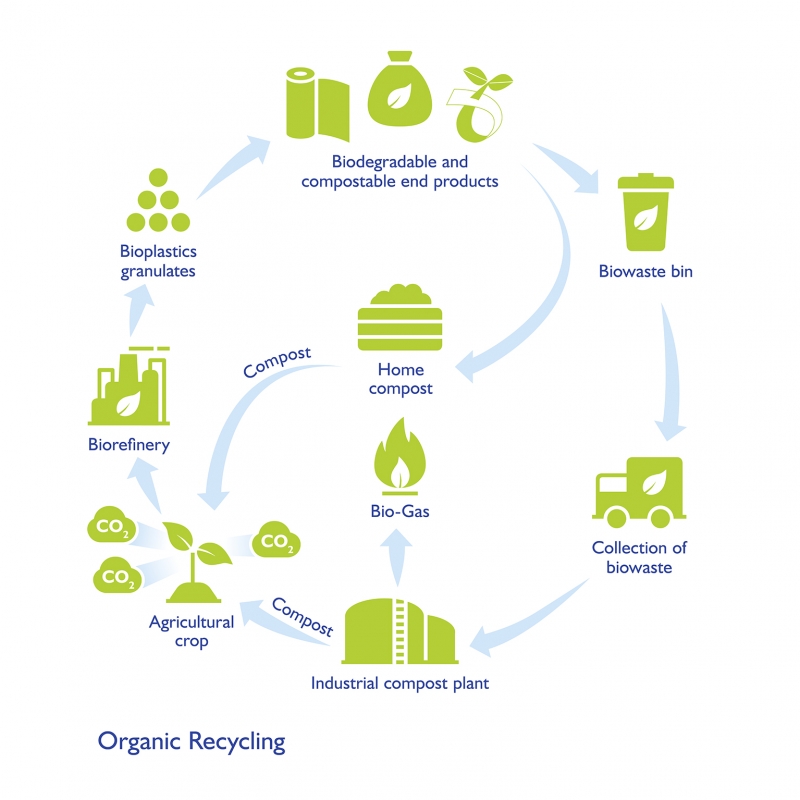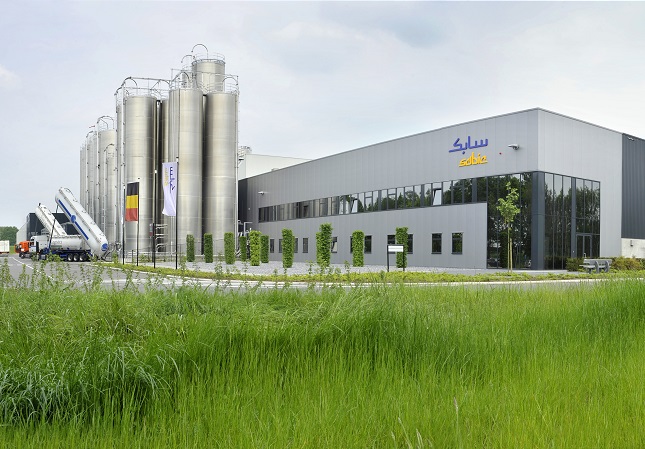
A Colorado State University (CSU) chemistry professor has developed several patent-pending chemical processes that would create sustainable bioplastics from renewable resources for use on everything from optical fibers and contact lenses to furniture and automobile parts.
Chemistry Professor Eugene Chen and his co-workers have invented a platform of processes to convert small molecules derived from nonedible plant biomass to bioplastics. The molecules can be transformed into different materials depending on the catalyst that is added to them. That catalyst can either be an organic compound or a metal-based compound.
Two related studies were published in Angewandte Chemie International Edition.
Assisting with patent
Officials with CSU Ventures, the university’s technology transfer arm, are optimistic about the commercial potential of this work and have filed several provisional patent applications on Chen’s processes.
“Each year, the U.S. alone manufactures almost 90 billion pounds of synthetic plastics derived predominantly from fossil fuels, which are not renewable,” Chen said. “There’s a great deal of concern to develop sustainable polymers or materials that can displace those petrochemical polymers. There’s huge interest in academia and industry, so the largest companies such as Dow Chemical, Dupont, and BASF are pursuing sustainable chemical feedstocks to make materials.”
The organic process Chen created could be used to produce commodity plastics for everyday uses such as artificial glass, dental resins, automobile parts, and furniture. His metal-based process would be used to produce high-performance engineering plastic materials that have superb mechanical and physical properties.
Chen has found in his laboratory that commercially available organic catalysts applied to small molecules derived from plant biomass are very active and efficient—the reaction achieves completion within a minute—and non-toxic. He also has developed a metal-based catalyst system that produces “stereoregular” polymers that exhibit superior physical and mechanical properties, meaning they’re very robust and more resistant to such factors as temperature, liquids, chemicals, and scratches.
Creating high-performance materials
Plastic optical fibers, for example, must sustain exposure to the elements and still perform at a high level so they don’t interrupt telecommunications service.
“These materials require high resistance to extreme conditions including high temperature and unexpected environmental invasion,” Chen said.
Chen has done previous research showing that dissolving plant biomass in “green” solvent ionic liquids—salts that melt at low temperatures—converts more sugars needed for biofuel more quickly than traditional methods. The discovery was an important step in the move toward the use of nonedible plant biomass as an alternative source for fuel. Most recently, Chen’s laboratory has filed a provisional patent for a new catalytic process in ionic liquids to convert plant biomass to platform chemicals.
Source : www.rdmag.com







